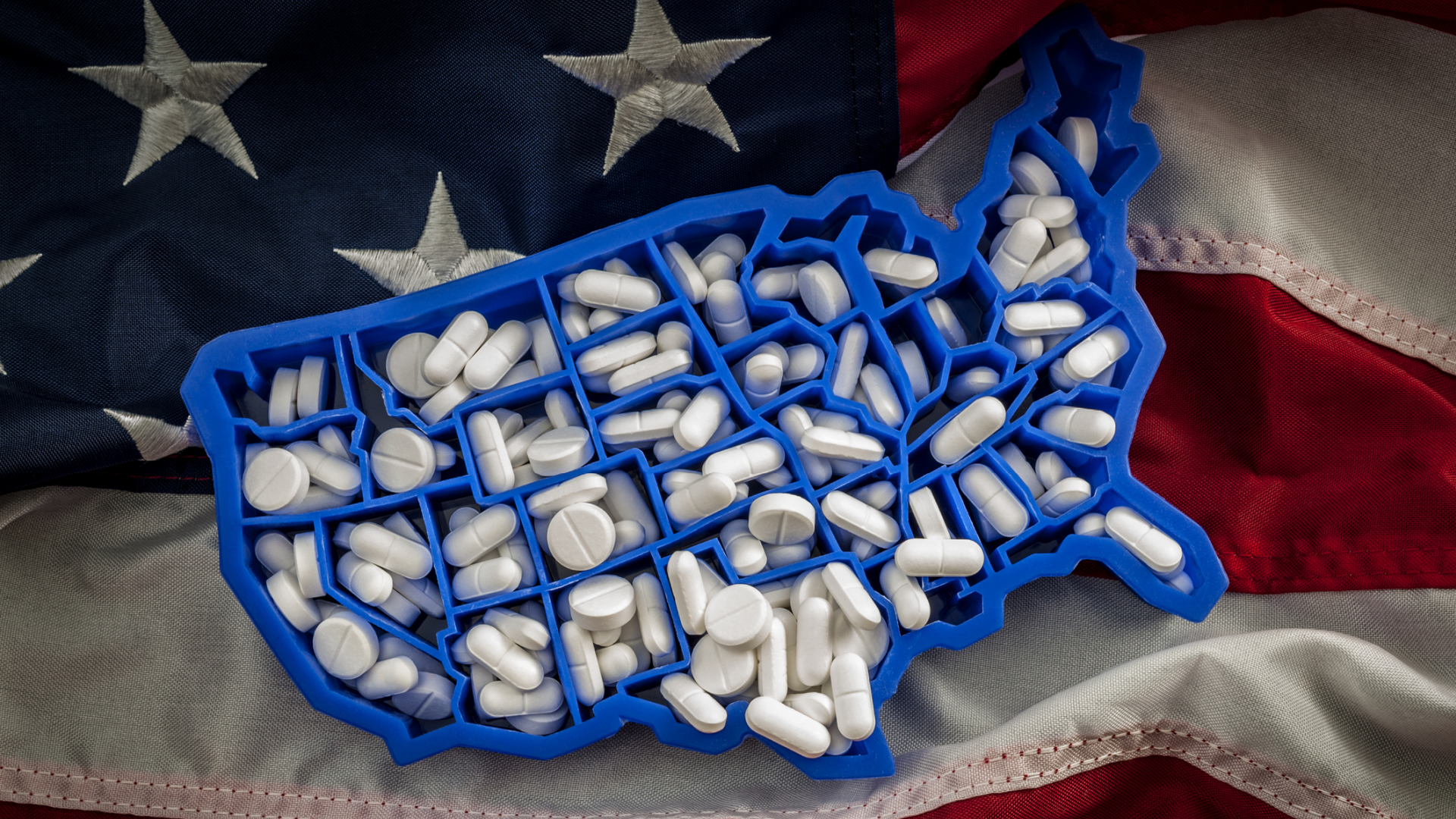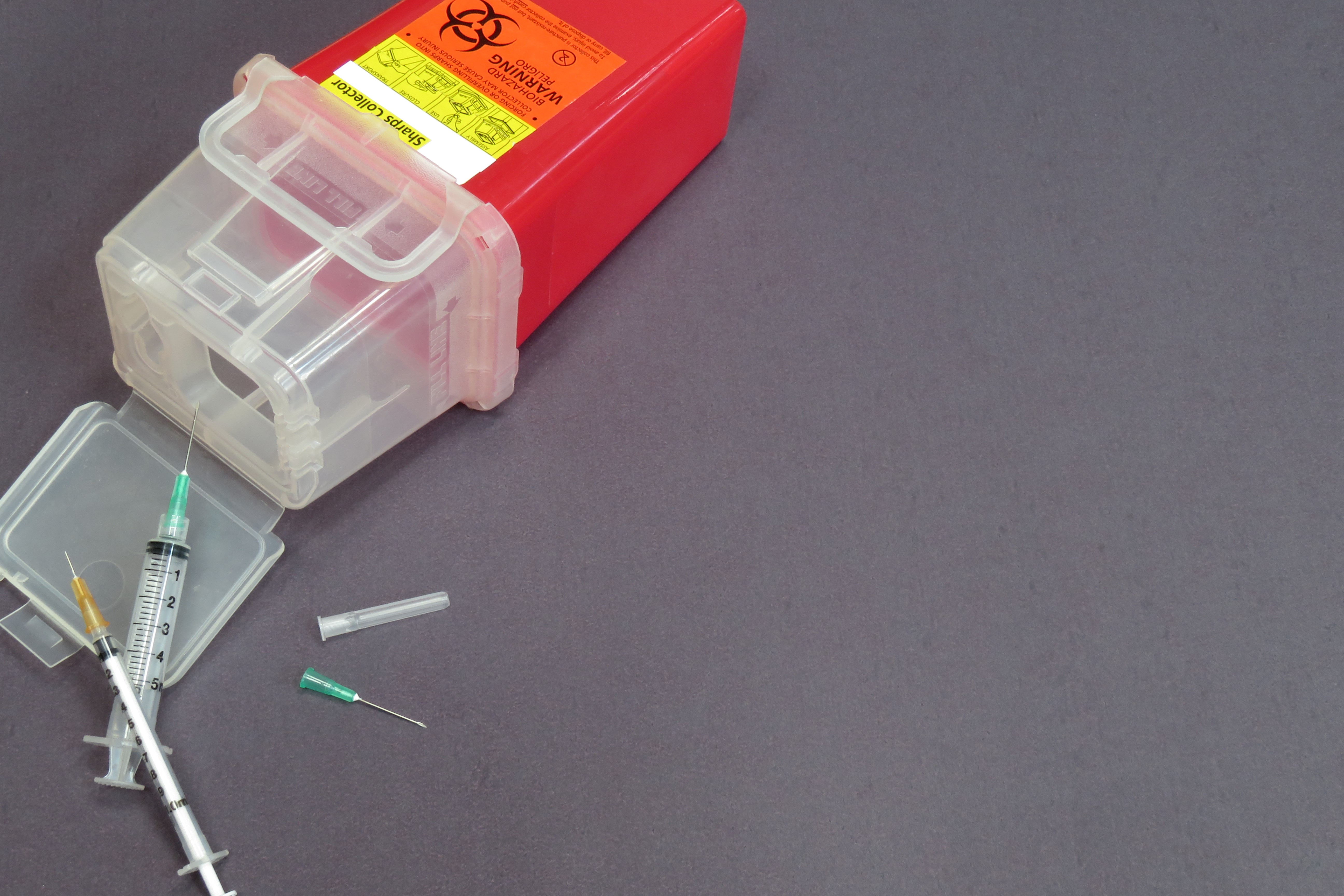The Model Syringe Services Program Act (Act) authorizes the establishment of comprehensive syringe services programs, which are associated with a decrease in bloodborne infectious disease diagnoses as well as the number of needlestick injuries to first responders and others. This Act delineates the required components for syringe services programs operating within a state, including that such programs (1) directly provide, or offer referrals to, expanded services, such as substance use disorder treatment, including medications for addiction treatment, HIV and viral hepatitis testing and treatment services, access to opioid antagonist kits, health care services, and mental health services; (2) reduce needlestick injuries to law enforcement, emergency services personnel, sanitation workers, and members of the community; (3) provide data collection and reporting requirements for syringe services programs; (4) provide immunity from criminal arrest, charge, and prosecution for the possession, distribution, or furnishing of hypodermic needles and syringes and other supplies; (5) provide educational and training materials for members of the community, including law enforcement and other first responders, such as emergency medical services; and (6) provide for funding of syringe services programs....









